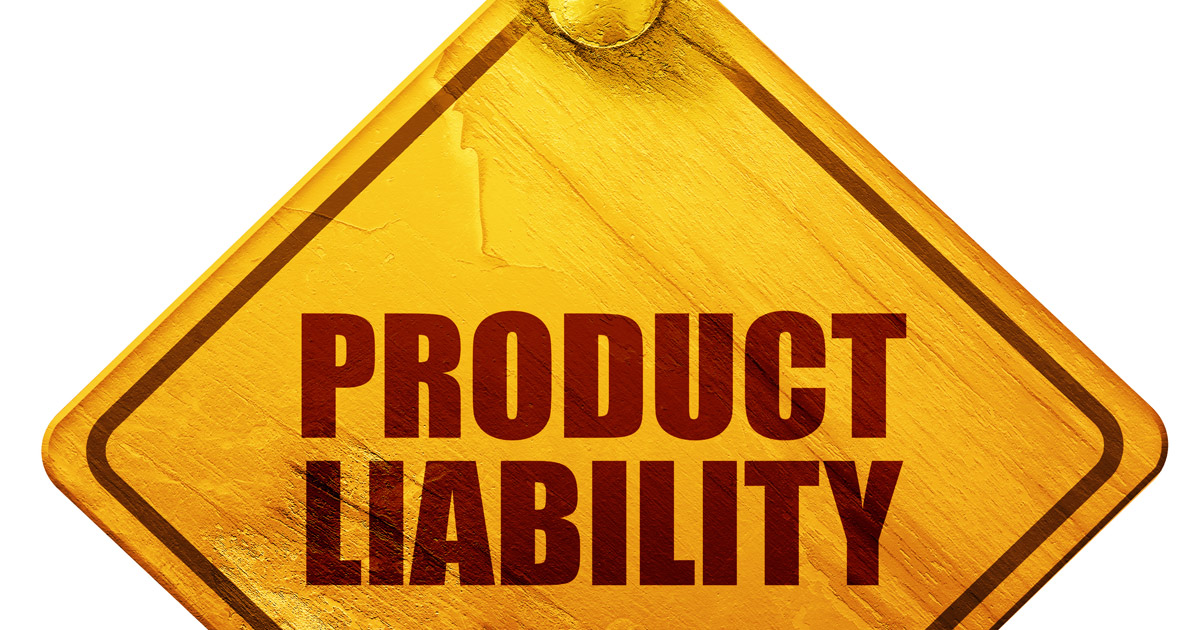MENU
- Home
- Overview
- Attorneys
- Practice Areas
- Firm News
- Blog
- Contact

Recently, it was ruled that Amazon could be held liable for defective products after an item that was purchased on their website seriously injured a woman. A court deemed that the online retailer company might be held responsible for what happened to the woman.
The woman purchased a laptop battery from a third-party seller on Amazon’s Marketplace. The battery caught fire, and she suffered third-degree burns. This decision may set a new precedent that could hold Amazon responsible going forward if third-party products bought on their website are defective.
The woman claimed that she purchased a replacement battery for her laptop. The third-party company shipped her battery, and a few months after she received it, it exploded. According to her testimony, she did not receive any notifications about safety problems with the product.
Amazon initially fought back, claiming the company was not liable because the product was manufactured and sold by a Chinese company. The plaintiff argued that the battery was fulfilled by Amazon, and it was in Amazon’s possession in one of its warehouses. A lower court had ruled on this case in 2019, and Amazon was not covered under products liability law. The plaintiff appealed, claiming that strict liability did not just depend upon whether or not a sale was actually made.
Online retailers have seen their sales soar in the past decade, especially since the Coronavirus (COVID-19) pandemic started. Amazon also sponsors millions of third-party companies. These sellers make up close to 60 percent of Amazon’s e-commerce sales, but this has also led to the sales of more unsafe, expired, and counterfeit goods.
Even though Amazon has stated that they make significant investments to ensure that all the products sold on their website are safe, they have maintained that they are just a channel between buyers and sellers. The retail giant also claimed that they do not get involved with their third-party seller’s sourcing or distribution activities. Up until now, this and other defenses have shielded them from liability.
A 2018 lawsuit against Amazon alleged that a purchased hoverboard was faulty and exploded, which resulted in the consumer’s house being burnt down. Amazon prevailed in this case after it was ruled that the outside merchant who used Amazon to sell the hoverboard was responsible. In their defense, Amazon also stated that the company is classified as a publisher rather than a seller. By doing this, they may have avoided responsibility for the defective product in this case. In making their decision, the court claimed that Amazon was akin to a newspaper’s classified advertising section. Newspapers are not held liable for claims made in their classified ads.
In 2018, a defective vape battery started a fire that led to more than $400,000 in damages to the buyer’s home. Their homeowner’s insurance company filed a lawsuit against Amazon. Amazon argued that they did not design, build, or sell the batteries, citing protections under the Communications Decency Act (CDA). Amazon won this case as well, but there are still ongoing products liability cases against them in different courts across the United States.
Third-party vendors show their names on Amazon’s product pages. Some are well-known retailers, but there are many smaller companies and individual third-party sellers as well. To be designated as a professional seller, the vendor must obtain a Commercial General Liability (CGL) policy. This requires the insurance to have at least one million dollars of coverage per incident for bodily injury, property damage, and general liability. These third-party sellers are grouped together and referred to as the Amazon Marketplace, but the listings still appear along with other products that Amazon sells. Buyers will see a line of text that indicates that Amazon is not the actual seller, though.
Amazon also works with many subsidiary companies that sell on their website. They also own a large group of private label brands and own brick-and-mortar stores.
For this case, Amazon argued that since it was only part of the distribution chain for the faulty battery, it should not be held responsible for the plaintiff’s injuries. The court determined that even if this were the case, they still played an integral role in getting the product from the company to the consumer. Under strict liability principles, they claimed that the company should be held liable for defective products sold through their site.
The August 2020 appeal states that Amazon could not be protected from liability by the CDA. Instituted in the 1990s, the CDA was put in place to shield online platforms from liability for any content posted on their websites by users.
This recent ruling could change how responsible Amazon will be for their third-party vendors’ products in the coming days. The plaintiff hailed the ruling as a major decision and said that other courts can use it in making future determinations on similar cases.
If a consumer is injured by a defective product, they can pursue legal action against the company that is responsible. Different companies can be held liable for dangerous products, so it is important to contact a lawyer who will determine which parties are responsible. A lawyer will protect the rights of their client and help them obtain compensation for their injuries and financial losses.
When you buy a product from an online retailer, you trust that it will be safe and work as it should. However, some companies sell defective goods that can cause harm. Our trusted Wilmington products liability lawyers at Jacobs & Crumplar, P.A. protect the rights of clients injured by dangerous products. We will get you the compensation that you deserve. Complete our online form or call us at 302-656-5445 for a free consultation today. Located in Wilmington and Millsboro, Delaware, we serve clients throughout Dover, New Castle County, and Sussex County.